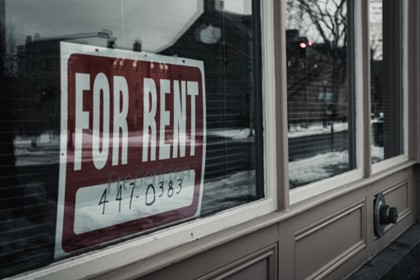Owning a rental property is exciting. It is a simple and effective way to invest money and build wealth. However, it involves some serious responsibilities, from paying the mortgage to dealing with tenants and handling maintenance projects.
If you’re a first-time property owner, these responsibilities may overwhelm you, threatening the success of your investment. In this article, you’ll learn five common mistakes first-time landlords make and how to avoid them for a successful rental property investment.
Underestimating Costs
Owning a rental property involves more than buying it. First-time property owners often underestimate costs by budgeting for the home purchase alone. They fail to include the cost of property maintenance and management.
Some first-timers also make this mistake when charging rent. Trying to offer competitive rates, they sometimes charge just enough rent to cover the home purchase and some profits. However, charging enough rent to cover a reasonable portion of the recurring maintenance is standard practice.
Neglecting Legal Requirements
Running a rental property involves more than owning it and collecting rent. Legal requirements govern property ownership and rental. For example, a landlord must ensure that their property meets the local safety standards and housing codes.
Failure to meet these standards and requirements may result in lawsuits requiring you to pay compensation for negligence after an accident. It is important to satisfy your legal due diligence from the property acquisition stage. This will help verify the property's authenticity and documents before purchase to avoid disputes. Many new property owners neglect this important step, leading to failed investments.
Not Anticipating Vacancies
Anticipating and budgeting for vacancies is an important step in rental property management. Unfortunately, many new property owners do not anticipate or budget for vacancies.
Estimating income and cash flow without budgeting for vacancy is risking financial ruin. You may experience periods when renters are few and far between, so plan for such vacancies. Ensure you structure your budget to allow you to pay for insurance, mortgage, and maintenance during vacancies.
Abandoning Tenants
New property owners commonly neglect and abandon tenants, provided everything moves smoothly financially. This is another huge mistake. While a tenant may occupy your home for a certain period, the home remains your responsibility even within that period.
It is important to regularly check in with your tenant to inspect your property. Regular check-ins will help you identify and handle maintenance needs before they escalate. They will also encourage tenants to better care for your property to avoid eviction after an inspection.
Be careful when checking on your tenant and inspecting your property. Follow state laws and respect their privacy. Never drop by without notice or access the building without permission while a tenant is occupying it.
Not Prioritizing the Business
Some new property owners view and handle rental management like a fun side hustle or a hobby. Not prioritizing the rental business limits your property's potential and prevents you from optimizing possible returns.
Even if you bought the property as a long-term investment, prioritize the rental business to maximize your returns. Keep accurate records, enforce your lease, and do not delay eviction.
Invest in good rental management, specific to your property type. For example, invest in an effective condo management strategy if you have a condominium. You don’t always have to manage your property yourself. Investing in professional property management can help boost your returns.
Endnote
Owning and managing a rental property is an excellent way to grow wealth while gaining real-time investing and management experience. You can succeed as a first-time property owner by avoiding common mistakes like underestimating costs, neglecting legal requirements, abandoning tenants, and not estimating vacancies.










